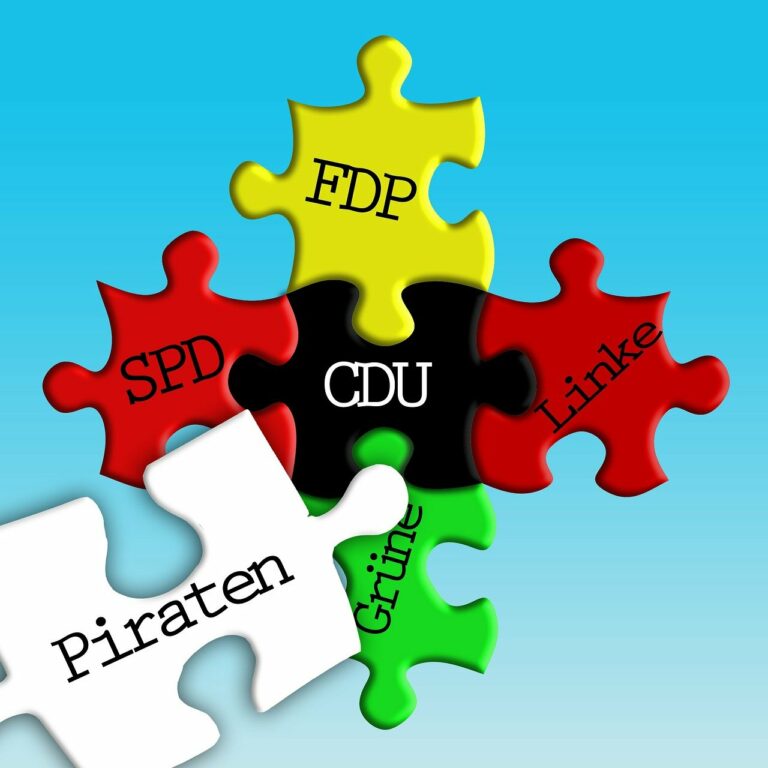The Role of Public Opinion Polls in Election Auditing Predictions
11xplay pro, diamondexch9, sky exchange bet:Public opinion polls play a crucial role in election auditing predictions. These polls provide valuable insights into the preferences and perspectives of voters, helping political analysts, candidates, and parties gauge public sentiment and make informed decisions. In this blog post, we will explore the significance of public opinion polls in predicting election outcomes and how they can influence the auditing process.
Understanding Public Opinion Polls
Public opinion polls are surveys conducted to measure the opinions, beliefs, and preferences of a specific population. These polls are typically conducted through phone interviews, online surveys, or in-person interviews. The results of these polls are used to gauge public sentiment on various issues, including political candidates, policies, and election outcomes.
The Role of Public Opinion Polls in Election Auditing Predictions
Public opinion polls are instrumental in predicting election outcomes and auditing the voting process for several reasons:
1. Gauge Voter Preferences: Public opinion polls provide insights into voter preferences and trends leading up to an election. By tracking changes in public opinion over time, analysts can predict how voters are likely to cast their ballots on Election Day.
2. Identify Key Issues: Public opinion polls help identify the key issues that are important to voters. Candidates and parties can use this information to tailor their campaign strategies and messaging to resonate with the electorate.
3. Measure Candidate Performance: Public opinion polls can measure how individual candidates are performing in comparison to their competitors. This information can help candidates adjust their strategies to attract more voters.
4. Assess Voter Turnout: Public opinion polls can also assess voter turnout and enthusiasm for an election. High voter turnout is often indicative of a more engaged electorate, which can impact the final outcome of an election.
5. Predict Election Results: By analyzing public opinion polls, political analysts can make informed predictions about the likely outcome of an election. While polls are not always 100% accurate, they provide valuable insights into voter behavior and sentiment.
6. Influence Media Coverage: Public opinion polls can also influence media coverage of an election. Poll results are often reported in the news, shaping public perception of candidates and parties.
The Impact of Public Opinion Polls on Election Auditing
Public opinion polls can have a significant impact on election auditing predictions. Here are some ways in which these polls influence the auditing process:
1. Setting Expectations: Public opinion polls can set expectations for election outcomes. If a candidate is leading in multiple polls, there is a higher likelihood of them winning the election. This information can influence how election auditing is conducted.
2. Monitoring Election Integrity: Public opinion polls can also be used to monitor election integrity. If there are discrepancies between poll results and official election results, it may indicate potential issues with the voting process.
3. Evaluating Polling Accuracy: Election auditing can also be used to evaluate the accuracy of public opinion polls. By comparing poll results to official election results, analysts can assess the reliability of polling methods and techniques.
4. Informing Post-Election Analysis: Public opinion polls can inform post-election analysis and discussions. Analysts can use polling data to understand voter behavior and factors that influenced the election outcome.
In conclusion, public opinion polls play a crucial role in election auditing predictions. These polls provide valuable insights into voter preferences, trends, and sentiments, helping analysts predict election outcomes and assess the integrity of the voting process. By leveraging public opinion polls, candidates, parties, and political analysts can make more informed decisions and better understand the dynamics of electoral politics.
FAQs
Q: Are public opinion polls always accurate in predicting election outcomes?
A: While public opinion polls are generally reliable, they are not always 100% accurate. Factors such as sampling error, methodology, and respondent bias can affect the accuracy of poll results.
Q: How do public opinion polls influence voter behavior?
A: Public opinion polls can influence voter behavior by shaping perceptions of candidates and parties. Voters may be more likely to support a candidate who is leading in the polls or aligns with their preferences.
Q: Can public opinion polls be manipulated?
A: Public opinion polls can be manipulated if the sampling methodology is biased or if the questions are framed in a misleading way. It is essential to critically evaluate polling data and consider multiple sources when making predictions.
Q: How can I stay informed about public opinion polls during an election?
A: To stay informed about public opinion polls during an election, follow reputable news sources, polling organizations, and political analysts. Pay attention to sample sizes, methodology, and trends in polling data to get a comprehensive understanding of voter sentiments.







